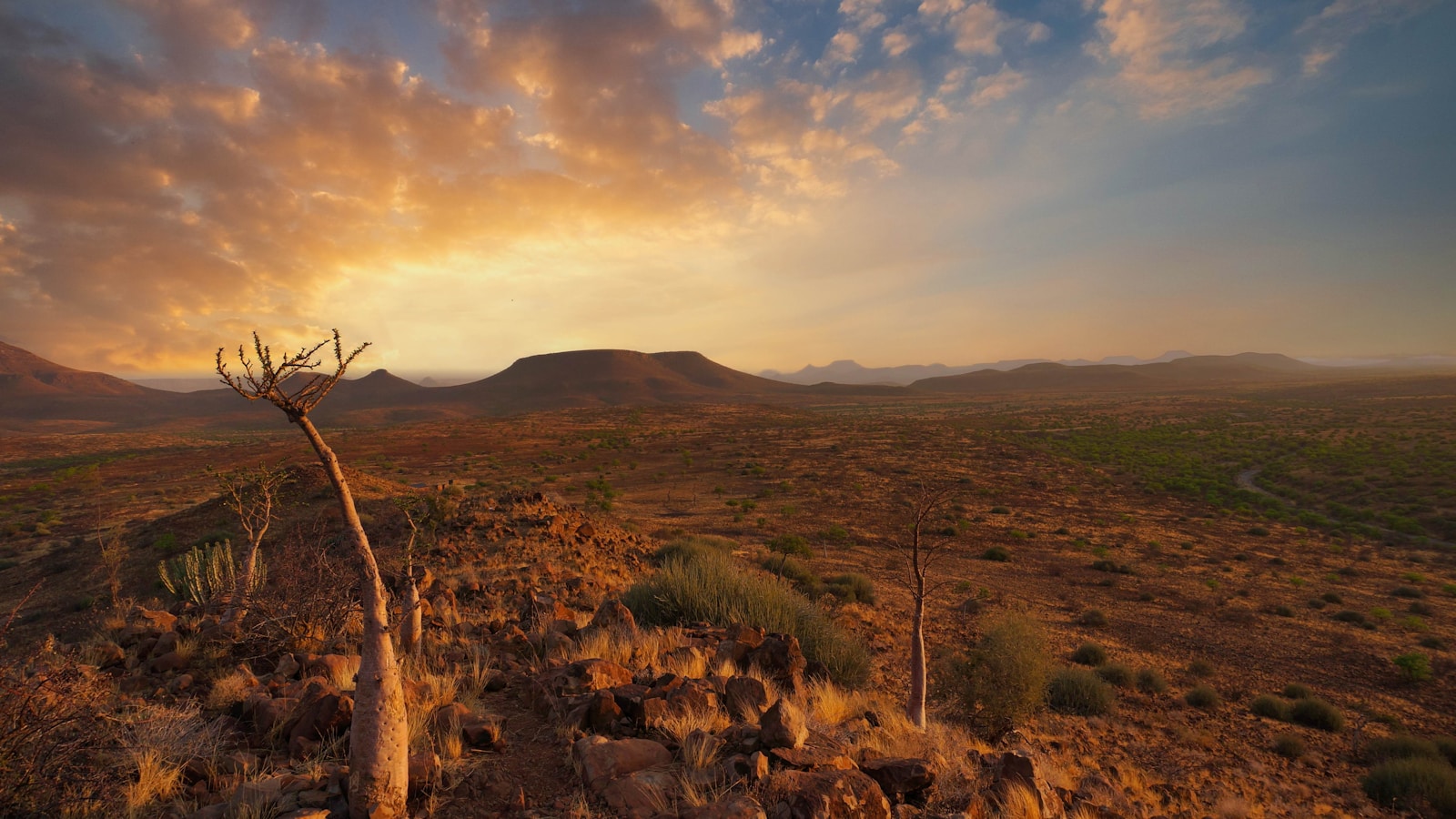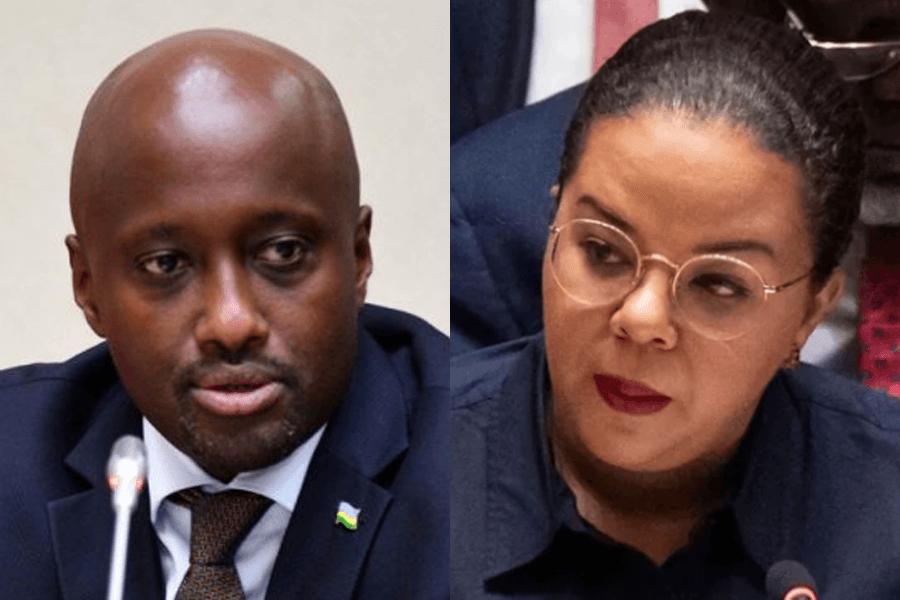Namibia Celebrates Independence Heroes 2025 but Overlooks a Painful History
Namibia: A Nation Divided Between Celebration and Unspoken History
Namibia, a country marked by vast deserts, rugged landscapes, and a complex political past, has long been a symbol of resilience and strength. Since gaining its independence from South Africa on March 21, 1990, the nation has made significant strides in shaping a new identity. The annual celebrations of this momentous day honor the heroes of the independence struggle, those who fought for freedom and self-determination. However, amidst the joy and pride of these celebrations, there remains a deeper, unresolved tension, an unspoken history that is often sidelined in the official narrative of the country’s independence.
At first glance, Namibia’s Independence Day is a day of unity and national pride, where the country comes together to reflect on the long-fought battle against colonial oppression. But as the nation celebrates, it also faces the challenge of confronting a painful history that involves violence, displacement, and the exploitation of its people by foreign powers.
The Glory of Independence Heroes
The heroes of Namibia’s independence movement, particularly from the South West Africa People’s Organization (SWAPO), are justly celebrated. These individuals led the charge in the 1960s and 70s against the apartheid regime that ruled the country under South Africa’s administration. Their struggle for freedom was not merely about political power, it was about survival, dignity, and justice. Their sacrifices are honored each year through ceremonies, parades, and speeches, where their legacy is cast in the light of heroism and patriotism.
In these celebrations, the stories of courage and resistance take center stage. The SWAPO fighters, many of whom were forced into exile, are remembered for their roles in the armed struggle against apartheid. Their fight culminated in the eventual granting of independence, a pivotal moment that brought Namibia into the community of sovereign nations.
This collective memory of a victorious struggle plays a crucial role in shaping the identity of the modern Namibian state. It builds a narrative of overcoming adversity and achieving self-determination. The nation, still in its adolescence as an independent state, is proud of how far it has come, and rightly so.
The Darker Side of the History
However, as Namibia celebrates its heroes, it also faces the uncomfortable reality of its colonial and pre-independence past. Namibian history cannot be fully understood without acknowledging the brutal legacy of German colonial rule. The Herero and Nama genocide of 1904 to 1908 is one of the darkest chapters in the country’s history. During this period, tens of thousands of Herero and Nama people were systematically exterminated by German colonial forces. This genocide, considered one of the first of the 20th century, is still a topic of heated debate and an unresolved grievance for many Namibians today.
The scars of this atrocity run deep, yet the official narrative of Namibia’s independence often overlooks or downplays this painful chapter. The commemorations on Independence Day rarely make mention of the genocide, leaving many descendants of the victims feeling excluded from the national story. The tension between honoring independence heroes and recognizing the trauma of the genocide is a sensitive issue that remains unresolved.
The genocide’s legacy extends beyond just the loss of life. It also involves the confiscation of land, the destruction of communities, and the long-term psychological and social repercussions felt by the survivors and their descendants. Yet, this part of Namibia’s history remains shrouded in silence, with only occasional efforts at reconciliation or acknowledgment from the government.
A Struggle for Reconciliation
The uncomfortable truth about Namibia’s past is not just about the genocide; it also involves the injustices of the apartheid era, which, while not as extensive as in South Africa, still deeply affected the lives of black Namibians. Under South African rule, the indigenous population faced displacement, forced labor, and segregation. The brutality of apartheid, though often overshadowed by the larger narrative of independence, cannot be ignored.
Efforts at reconciliation have been slow and fraught with challenges. The Namibian government has made some attempts to address the injustices of the past, particularly in terms of land reform and the acknowledgment of the genocide. In 2021, the German government formally acknowledged its role in the genocide and pledged financial compensation to the descendants of the victims. This move was seen as a step toward healing, though many Namibians remain skeptical about the true extent of justice.
Nonetheless, the conversation around these issues is often pushed to the periphery during national celebrations, where the focus is squarely on the triumph of independence. The absence of a robust public discourse on the country’s painful history leaves a gap in the collective memory, one that prevents the nation from fully reconciling with its past.
A Nation in Search of Its Full Story
The challenge for Namibia lies in reconciling the narrative of triumph with the reality of a painful and complicated history. The nation’s struggle for independence was indeed a heroic fight, but that fight was not the end of its troubles, it was only a chapter in a larger, ongoing story. True national healing requires a more comprehensive reckoning with the past, one that includes the painful chapters of genocide, colonial oppression, and apartheid.
Namibia’s future depends on how it chooses to confront these unresolved issues. The celebration of independence is undoubtedly important, but so too is the acknowledgment of the wounds that still fester. A nation cannot move forward without fully understanding and addressing the depths of its past. For Namibia to heal, it must come to terms with its entire history—both the glorious and the painful.
Conclusion: Embracing a Full History for True Healing
In conclusion, Namibia’s Independence Day celebrations, while an important and joyous occasion, cannot be seen in isolation from the darker aspects of the nation’s past. The fight for freedom was long and difficult, but so was the suffering inflicted by colonialism and apartheid. Acknowledging this broader history is crucial for the nation’s progress. Only through embracing the full story of its past, with all its complexities and contradictions, can Namibia hope to heal and build a future that is truly inclusive, just, and united.
As Namibia continues to honor its heroes, it must also turn its gaze inward, reflecting on the scars that still mark its people. The journey toward healing and unity will be incomplete without a deeper reckoning with the painful truths that have shaped the nation. True independence, after all, is not just the absence of foreign rule, it is the ability to confront and heal from the wounds of history, while building a future that honors all who contributed to the struggle.
For more news: africaciviclens.com




